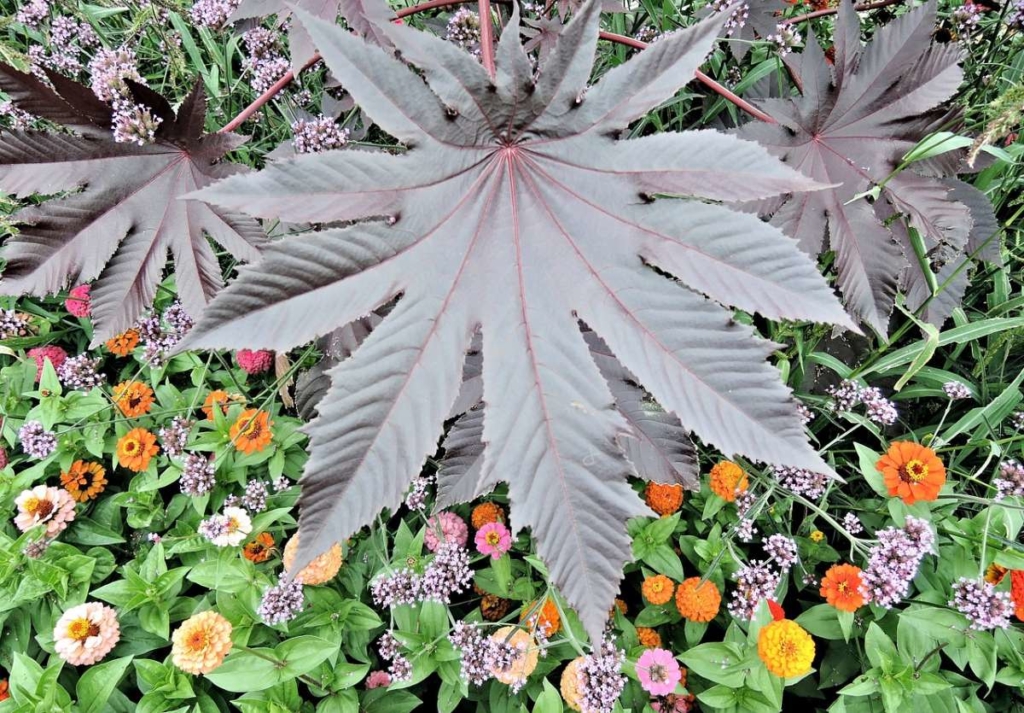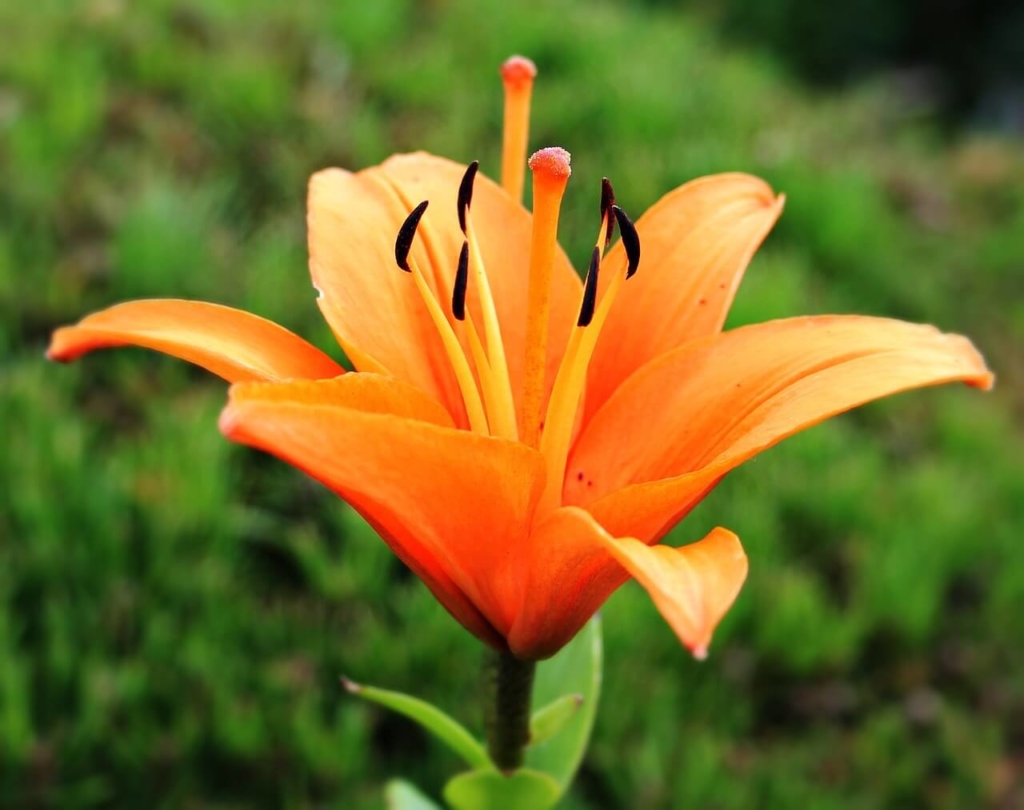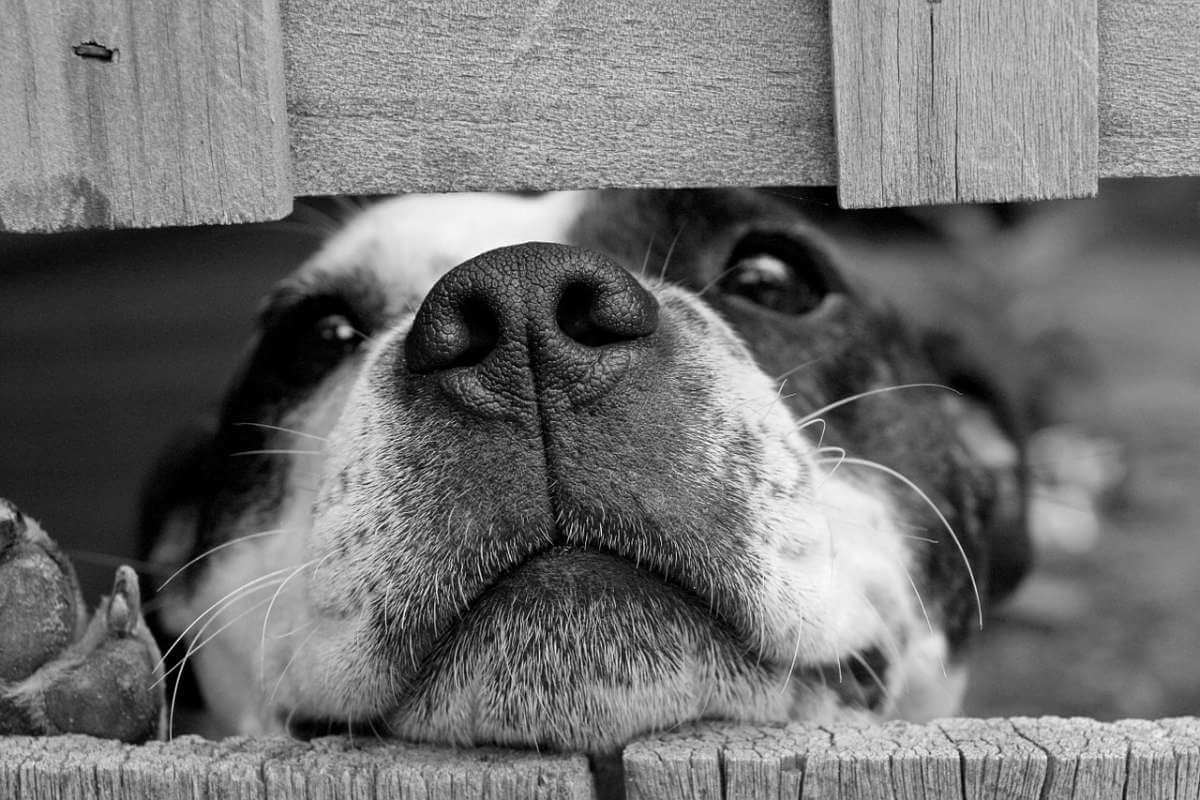Many plants that are entirely harmless to humans can be lethal to your animals. Every year hundreds of pets ingest toxic plants and suffer serious illnesses – or worse. When pet owners plan their landscaping, they often have no idea that they may be putting their pet in harm’s way. There are a few specific plants that are extremely dangerous, so it is important to understand any dangers before working with your Denver landscaping professionals to install them in your yard.
Castor Beans:
While this plant is not as common, it is important to know the dangers of castor bean plants. The seeds, leaves, and stems of the castor bean plant contain ricin, an extremely toxic protein which is lethal if ingested. In fact, ricin is even lethal to humans, and studies have shown that the amount of ricin that you would have to ingest for it to be lethal is about 500 micrograms – approximately the size of a grain of salt.

Poinsettia:
One well known plant that is toxic to both cats and dogs is the poinsettia. Poinsettia plants are not lethal to animals but will cause stomach irritation if ingested by your dog, cat, or rabbit. Other holiday plants that might make your pet sick include holly and mistletoe. If your pet ingests any of these plants, you should call your veterinarian right away – as it is always better to be on the safe side. Keep these festive plants on shelves or out of reach of pets to enjoy them this holiday season.

Common Plants to Avoid:
Common household plants that you need to keep away from pets are tulips, daffodils, ivy, aloe, daffodils, azaleas, and geraniums. All of these plants will, at the very least, cause flu-like symptoms if ingested.
Lilies and azaleas are among the most dangerous plants for dogs and cats to eat. Lilies can cause severe kidney damage in a dog, and death in a cat. If your pet eats a large amount of azaleas, there is a chance of coma and death. A small amount of azaleas will result in flu-like symptoms, drooling, and nervous system depression.

Toxic to Reptiles:
Azaleas and oleanders can be dangerous if eaten by a lizard or turtle. Buttercups and jimson weed will affect a reptile’s nervous system, while flax and soybean plants contain dangerous levels of toxic nitrates. If your reptile ingests something that you believe to be toxic you should contact your veterinarian immediately.
If your pet ingests a toxic plant, it is important to be able to identify the plant so that your veterinarian can properly care for your pet. If you cannot identify the plant that your pet ingested, it is always helpful to take a photograph of the plant to bring with you to your vet’s office. Also, the American Society for the Prevention of Cruelty to Animals (ASPCA) has a 24-hour emergency poison hotline.
American Arbor Care offers professional tree, shrub, lawn, and landscape maintenance services across Colorado. Let us help you choose a pet-safe landscape at your home. Call us today at 303-639-8584 to more information.

